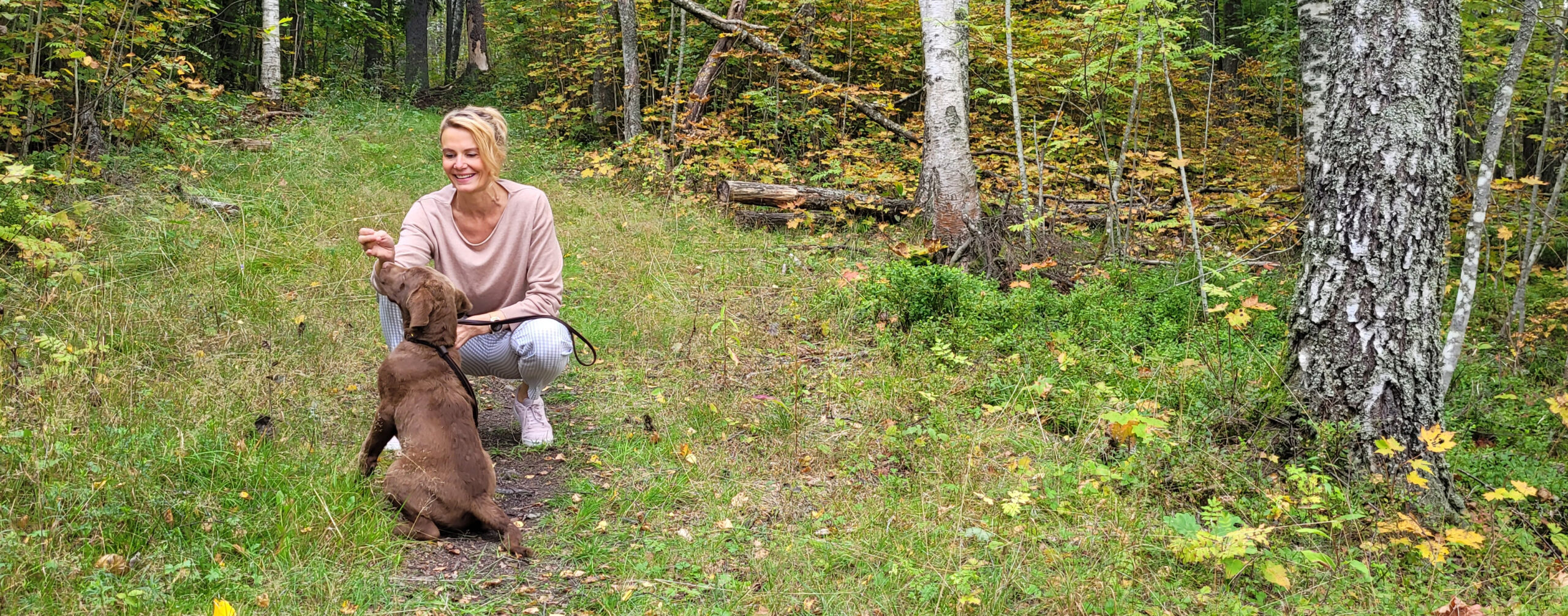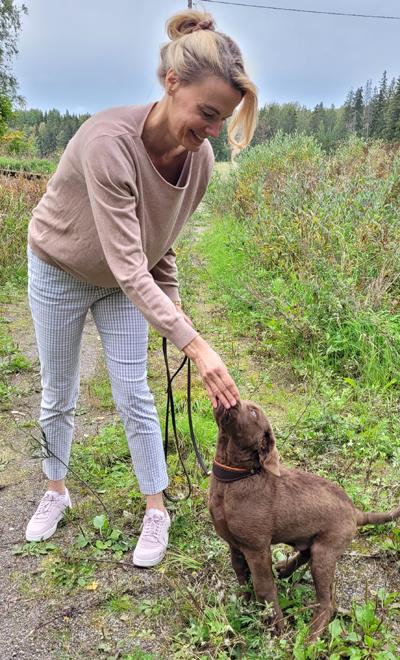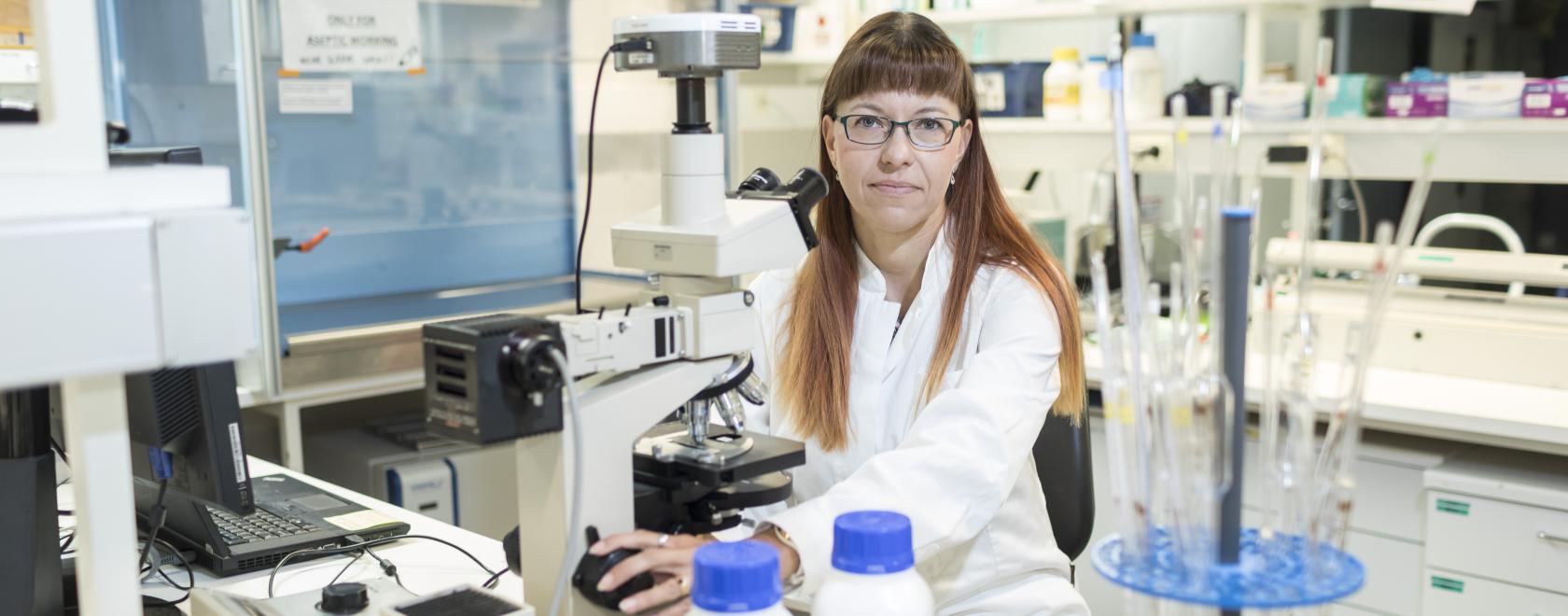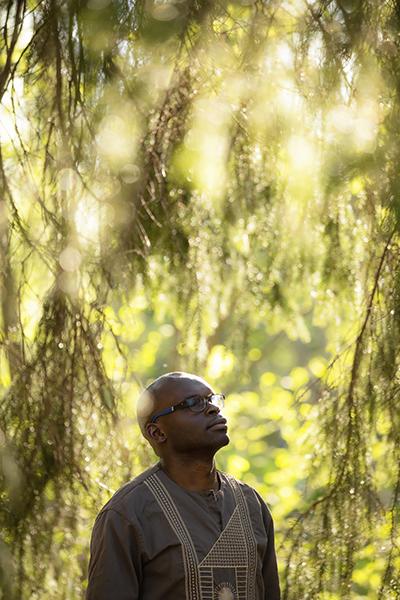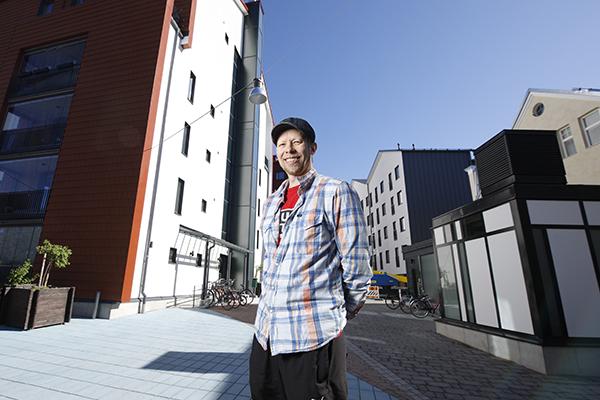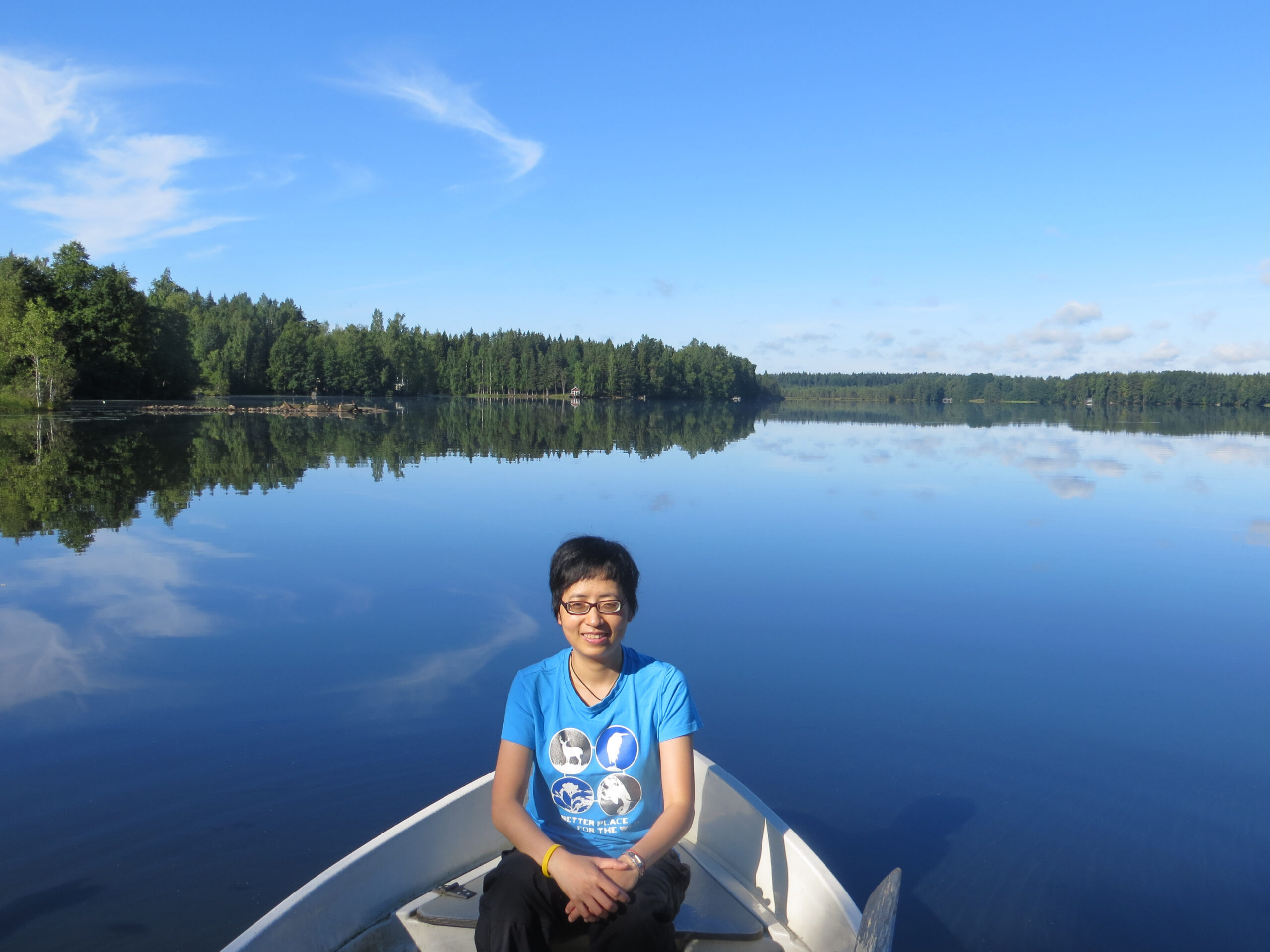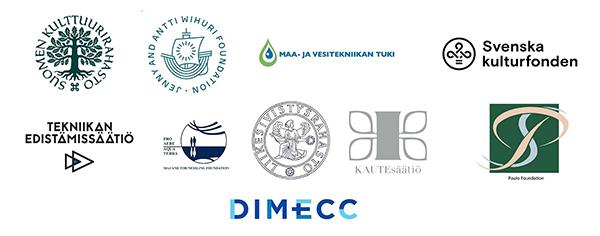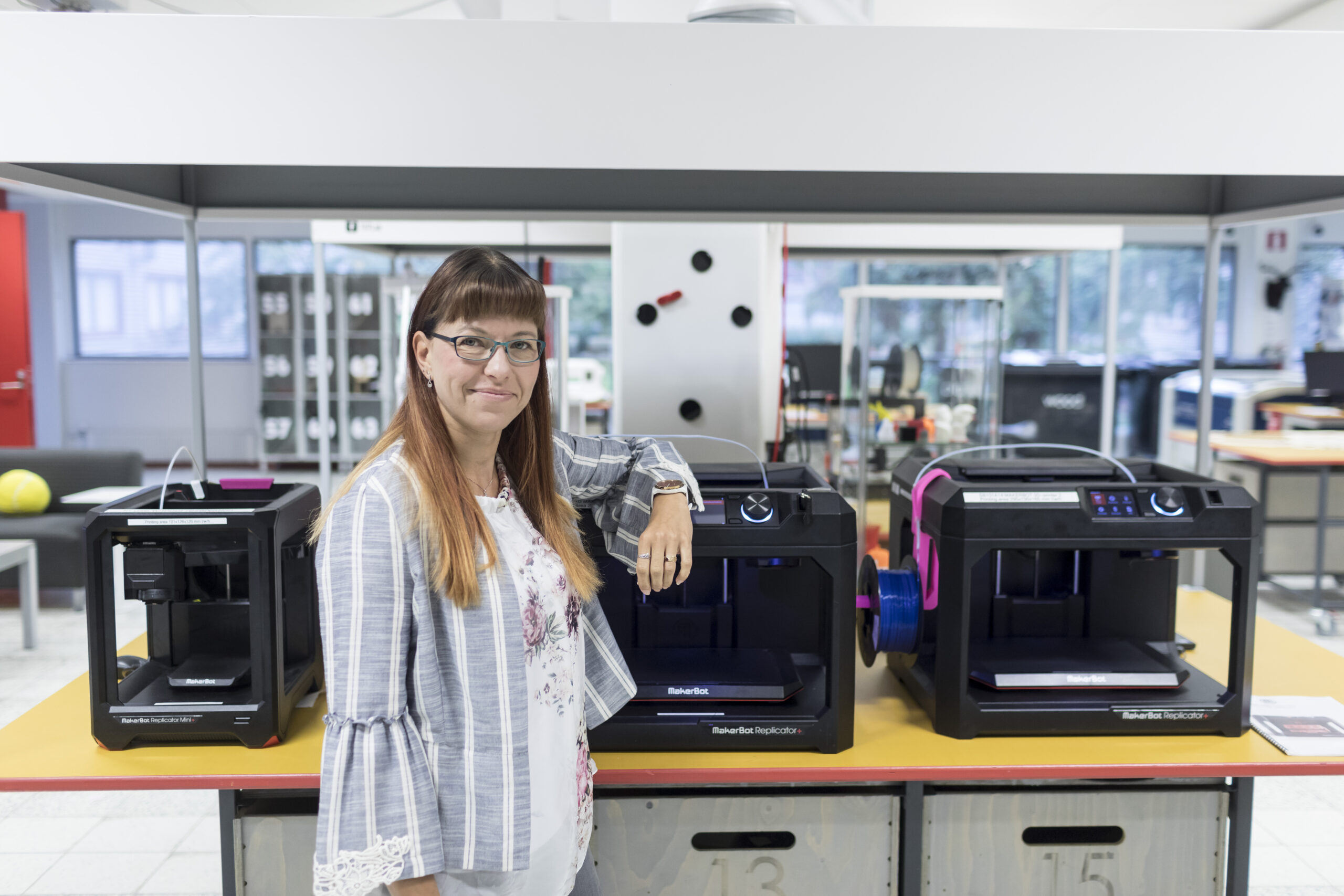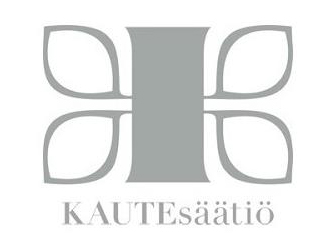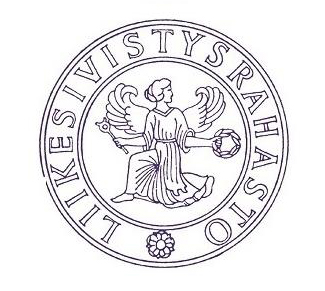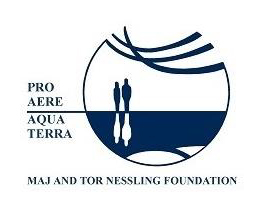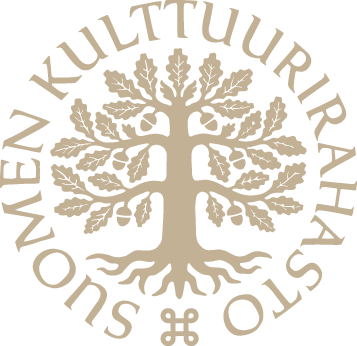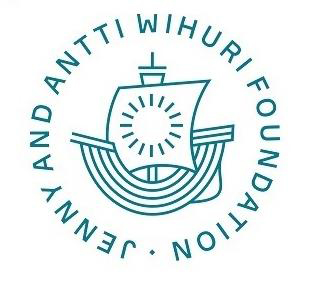From electrical brain signals to non-fungible tokens in fashion industry
In the spring 2022 application round of the Post Docs in Companies program (PoDoCo), 11 cooperation projects of postdocs and companies receive funding.
“The purpose of the PoDoCo program is to help companies innovate with the latest research knowledge and expertise. PoDoCo projects show that there are many ways to develop a new business. It is possible to make existing products even better, to create a completely new product or to prepare for the upcoming development that will completely change the industry”, says Dr. Seppo Tikkanen from DIMECC Oy, the leader of the PoDoCo program.
The PoDoCo program, launched in 2015, has already provided 212 PhDs to companies. As a result of fully implemented PoDoCo projects, 90 percent of grant recipients have been employed by a partner company.
New opportunities for post-stroke treatment
Doctor of Science Tuomas Mutanen from Aalto University and Bittium cooperate in developing more efficient electroencephalography (EEG) products that measure electrical signals of the brain. EEG device could, for example, potentially guide the usage of magnetic brain stimulation to cure damaged areas of stroke patients to achieve a stronger therapeutic effect.
”We have used the Bittium EEG-devices for several years in our experiments. This PoDoCo-project continues naturally the existing collaboration,” says Tuomas Mutanen.
Sustainable development by extending battery life
Venkata Bandi from Aalto University and Leapfrog Projects cooperate in developing an innovative plugin-device for electric Light Commercial Vehicles. The device prolongs the life of heavy-duty eLVC batteries and therefore promotes sustainable urban development in emerging markets.
“Venkata and I did field research on distributed renewable energy in India in 2016 as a part of the interdisciplinary New Global project in Aalto. With PoDoCo, we can now collaborate in a new way as we work to transform academic knowledge into globally relevant impact business” says Sara Lindeman, CEO of Leapfrog Projects.
Non-fungible tokens in the domestic design industry
PhD. Student Sebastian Schauman from Hanken is studying the impact of blockchain technology on the Finnish design industry in collaboration with Alice Labs Partners. Non-fungible tokens, NFTs, are already changing the art world, and the change is also expected to alter the fashion industry and the entire consumer culture. The collaboration will develop practices to help companies commercialize digital substitutes into profitable commercial alternatives.
“The phenomenon we are researching is associated with both a lot of expectations and uncertainty. The aim is to find out what value digital substitutes could create for consumers in the future and how the Finnish design industry could benefit from this,” says Sebastian Schauman.
PoDoCo program is funded by Finnish Cultural Foundation, Jenny and Antti Wihuri Foundation, Maa- ja vesitekniikan tuki ry, Svenska Kulturfonden, The Society of Swedish Literature in Finland (SLS), Finnish Foundation for Technology Promotion, Maj and Tor Nessling Foundation, Foundation for Economic Education, KAUTE Foundation and The Paulo Foundation. The total funding is up to million euros every year, which enables around 35 PoDoCo grants each year. The Finnish Cultural Foundation was funding the program from year 2015 to spring 2022.
The next grant application for the PoDoCo® program is open from 15 September to 31 October 2022. www.podoco.fi/
Projects supported by the Finnish Cultural Foundation:
|
Applicant |
Company |
Discipline |
Grant (€) |
|---|---|---|---|
| Eric Buah | Kymi-Solar Oy | Technical sciences | 30 000 |
| Amin Hekmatmanesh | Mevea Oy | Technical sciences | 30 000 |
| Akanksha Tiwari | Megin Oy | Biomedicine | 30 000 |
